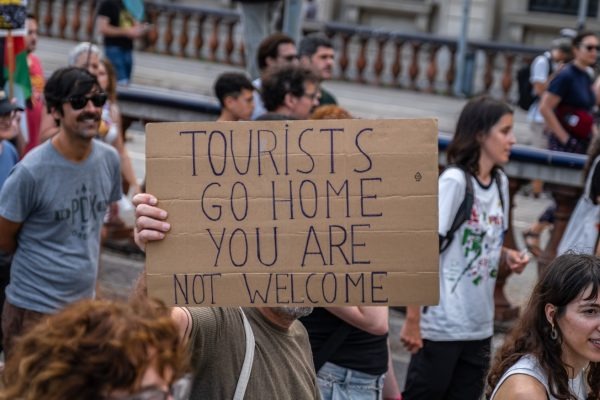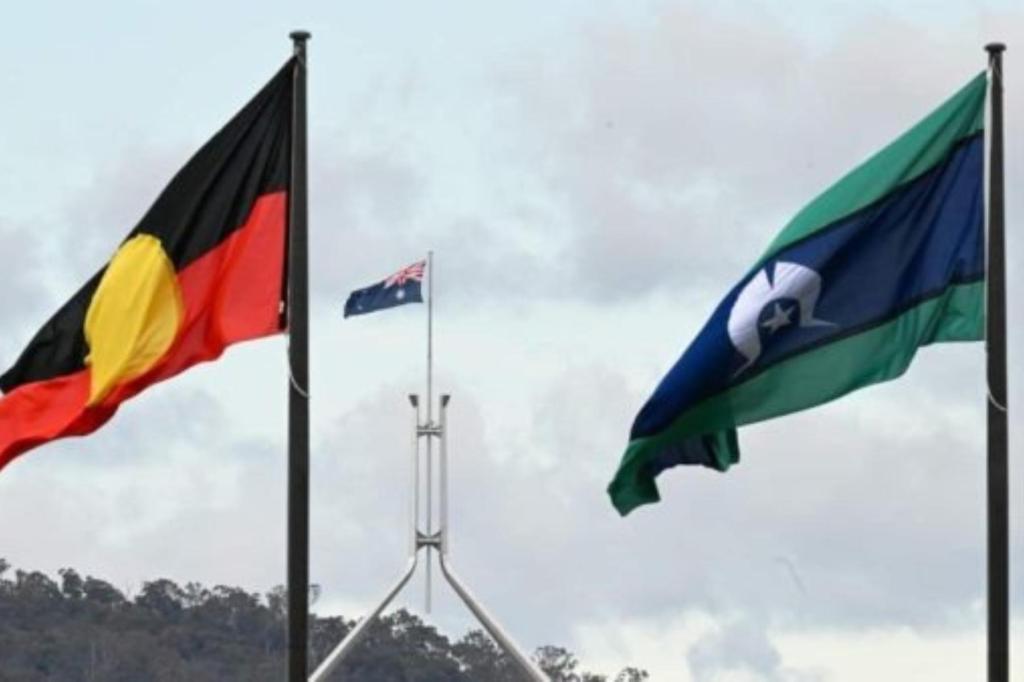As major destinations slam overtourism, these countries want flocks of travellers

Across Europe, many countries are pushing back against overtourism.
In Barcelona, Spain, citizens took to the streets to protest against tourists, telling them to go home, closing off hotel and restaurant entrances and spraying travellers with water earlier in the year after over-tourism contributed to rising rents.
In nearby Tenerife, hunger strikes were launched over the construction of two new hotels, while residents in Venice are pushing for a new entry fee as short-term rentals affect their ability to find housing.
But not every country and its residents are opposing more tourists and the money they bring with them.
Greenland
Greenland is launching more adventure tourism, including rock climbing and whale watching, and has even built new airports to accommodate what it hopes is a burst in travel.
You might like
It marks a huge change in the country: Previously, no major airlines could fly in because of issues with runways and only small flights could be accommodated.
But when the new international airport opens later this year it will allow direct flights to the country’s capital, Nuuk.
Visit Greenland, the country’s tourism board, lists birdwatching, paddle boarding, ice fishing, visiting glaciers, biking, diving, cruises and seeing the northern lights as some of the many things visitors can take part in.
Morocco
Morocco, in northern Africa, is set to welcome the biggest sporting event in the world when the 2030 FIFA World Cup is held there.
It is trying to seduce travellers in myriad ways.
It is aiming to double its tourism to 26 million people annually by the time the World Cup kicks off, which it will co-host with Spain and Portugal, and has opened dozens of new hotels.
Stay informed, daily
The country’s tourism site explains that the country is rich with history from several historic empires that have controlled it.
“Morocco has gained international consideration as a multicultural country, with several types of heritage recognised as World Heritage by UNESCO,” Visit Morocco said.
“Morocco is one of the go-to destinations for discovery lovers, those most fascinated by nature, history, the art of living and Moroccan hospitality.”

The north African country is preparing to help host the World Cup and wants to double its tourism numbers between now and then. Photo: Getty
Serbia
Serbia’s neighbour Croatia has had its struggles with overtourism, given the country’s beautiful coastlines and a push to make it more attractive to tourism, but Serbia is focused on getting a slice of the action.
Instead of mass tourism, the country is trying to build sustainably, creating curated and focused cultural experiences.
Its tourism centre espouses year-round festivals, food and rural retreats as the best reasons for it to be included on any traveller’s next journey.
“Serbia is a country of merry and relaxed people, always willing to burst into song and dance,” Experience Serbia said.
“No wonder, then that there are festivals year-round as the local population kicks its heels in celebration of arts, sports, food and drink.”
Georgia
Georgia may not be first on many people’s lists of European countries to visit, but it is making a big push to change that mentality.
Bordering Turkey and Russia, Georgia has introduced a decade-long development plan that will ensure tourists can read signage, navigate the country and make the most of a visit.
The former Soviet state may not be as rich as some other destinations but is full to the brim with history and is home to the world’s earliest-known winemaking and gold mining.
In 2018, it became just the second country in the world to legalise cannabis and is experiencing one of the fastest GDP growth rates worldwide.





